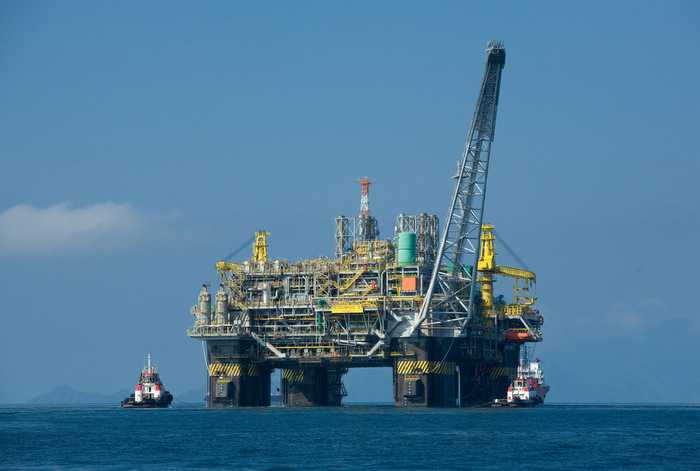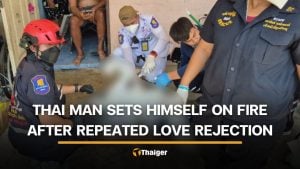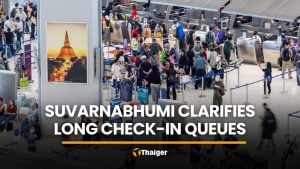Phuket Finance: Avoid offshore workers’ retirement-plan pitfalls

PHUKET: Thailand hosts a sizable population of offshore oil workers. They are unlike the majority of investment clients found here. Most clients are retired and their portfolios are being managed for income and capital preservation.
However, offshore oil workers have the advantage of being able to live in Thailand and also bring in a very nice income. In 1993, I was a project mechanical engineer for a US research base in Antarctica for a year. All food was provided and housing paid for. With nowhere to spend money, I saved 85% of my income.
The problem is that most offshore or contract workers make two very common mistakes. For one, most are not even thinking of retirement. Due to the dangers of their jobs, they have a live-in-the-moment attitude. While a great many earn over US$100,000 (over 3.3mn baht) per year, very few save much of it.
The second mistake that many make is buying unit-linked life assurance products. These products not only have upfront fees, but recurring fees every year; poor performance; and seven to 10-year lock-in periods. Anyone who is familiar with these products knows to run away as fast as they can.
What offshore oil workers should be focused on is saving their money in a low-cost discount brokerage account held in their own name only and reaping the benefits of compounded interest.
Considering how cheap it is to live in Thailand, let’s say the worker is able to save US$50,000 (about 1.65mn baht) a year for 10 years. The key is putting that money to work in a diversified portfolio exposed to the stock market, which, over time, appreciates in value. The goal is to be able to retire in just 10 years.
For the past 10 years, the Vanguard REIT ETF has achieved an annual return of 9.29%. This
return was achieved even with the real estate crash of 2008 and 2009. That’s why it’s important to invest for the long haul. Over a 10-year period, if the Vanguard REIT ETF was the only holding in a portfolio, and by investing US$50,000 a year, there would now be US$963,351 (more than 31mn baht) in the portfolio.
The best part about this program is that it’s only saving half a year’s salary. The rest can still be spent and enjoyed. The key is setting one up so that retirement within 10 years is realistic. With an actively-managed portfolio, there could be more than US$1mn in the portfolio.
Just look at shares of Facebook. Since July of last year, shares have gone from just above US$20 to almost US$80.
Or look at the NASDAQ stock market, which is up 27% in the past year.
So what happens when the 10 years is up and the worker is ready to retire? Do they have to stop spending money? No, not at all. The good news is that they are used to living on US$50k a year in Thailand.
Once the 10 years is up, the portfolio is adjusted more conservatively and only a 5%
annual return is sought. This is just a little more than half of the 9% that the Vanguard REIT ETF
delivered in the past 10 years.
What is 5% on US$963,000? As might have been expected, it’s US$48,000.
At the end of 10 years, the worker has a roughly US$1mn nest egg, is retired and living on the same amount of money as when they were working offshore on the oil rig.
Don Freeman is president of Freeman Capital Management, an independent US Registered Investment Advisor. He has over 20 years experience and provides personal financial planning and wealth management to expatriates. Specializing in UK and US pension transfers. Call 089-970-5795 or email: freemancapital@gmail.com.
— Don Freeman
Latest Thailand News
Follow The Thaiger on Google News:


























